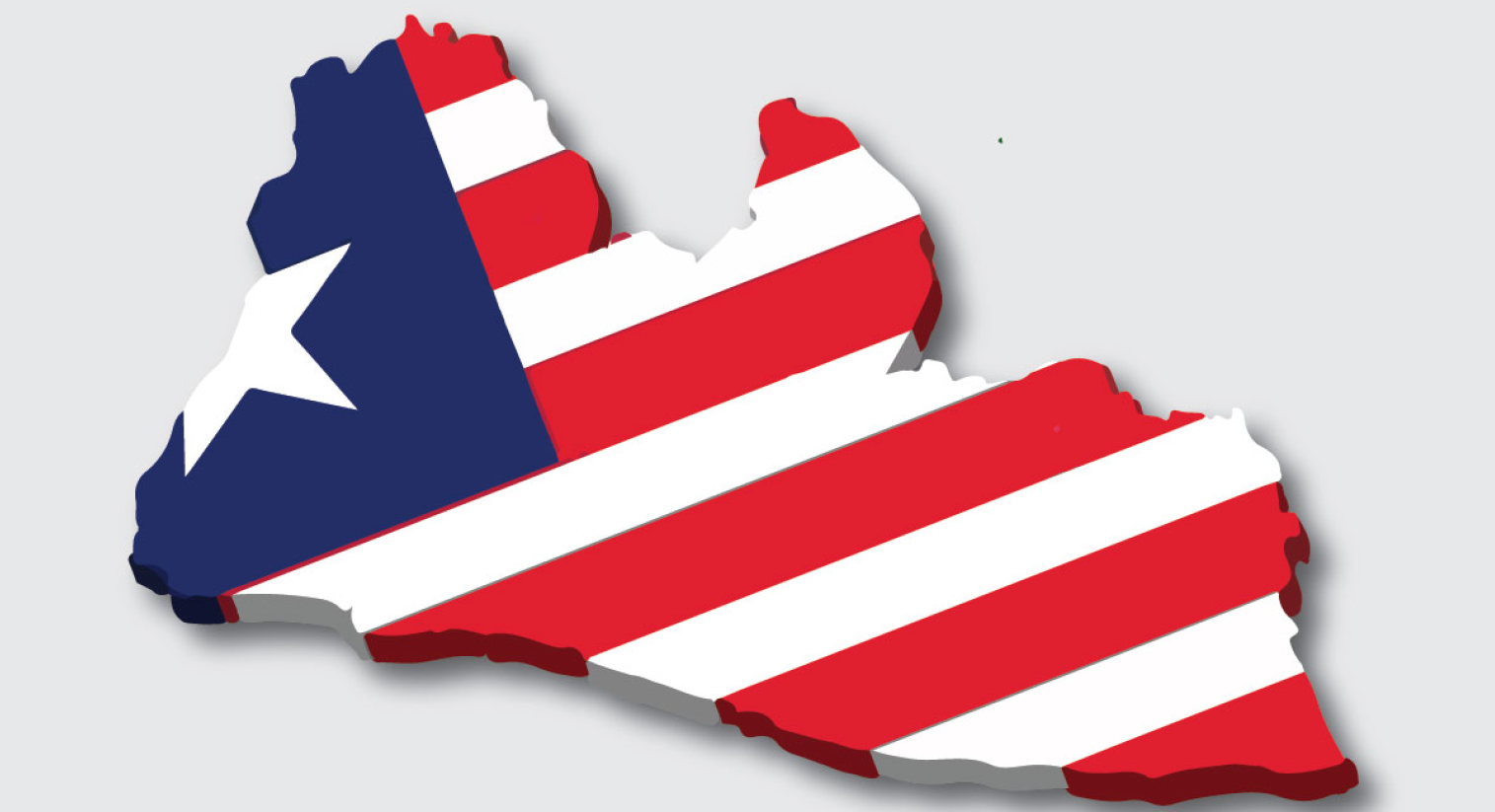Ghana is globally held up as an example of democratic success in West Africa. It’s press freedom and general freedom of expression environment – both offline and online – is touted as one of the most progressive in the sub-region.
The country is also one of the pioneers in the region as regards internet access and penetration. In January 2021, Ghana’s internet penetration rate reached 50%. This represents a 2% increase in the space of one year and one of the most rapid paces of growth in the sub-region. This has been on the back of a booming mobile telephony industry and massive investment in fibre optic infrastructure. The fast expansion of mobile internet in the country has enabled millions of individuals, thousands of media outlets, state institutions, and corporate organizations to change the way they used to communicate nowadays.
With the massive use of smartphones, access to the internet to millions of people across the country has increased the use of social media. This empowered citizens’ engagement and participation in social and public debates in the recent decade.
However, the improvement in mobile telephony penetration and internet access and the exercise of internet rights by Ghanaian citizens to demand accountability, transparency in the delivery of public services has been hampered by several socio-economic and political factors. Also, as online engagement is steadily on the rise, so have been the attempts by authorities to crack down on freedom online.
Cybercrimes and deviants’ forms of internet and social media users are also on the rise. This poses challenges to the protection of data and privacy, protection of children’s and women’s rights online. Increasingly, the inequality to access to the internet in between the urban and the rural area is also widening, with an unaffordable cost of data for several vulnerable and poor communities and a chunk of people.
As part of efforts to address these challenges, the report looks at the State of Internet Freedom in Ghana by mapping out the legal framework, practices, and measures adopted by state actors to restrict or enhance internet access and use, violations of freedom of expression online. The report also looks at the trends and developments around Internet use in Ghana and examines the policy and regulatory landscape in the country. In addition, the report identifies opportunities for a positive Internet Freedom landscape in Ghana and proposes measures that may be taken to improve the state of Internet Freedom in the country.
Kindly click here to read the report.






